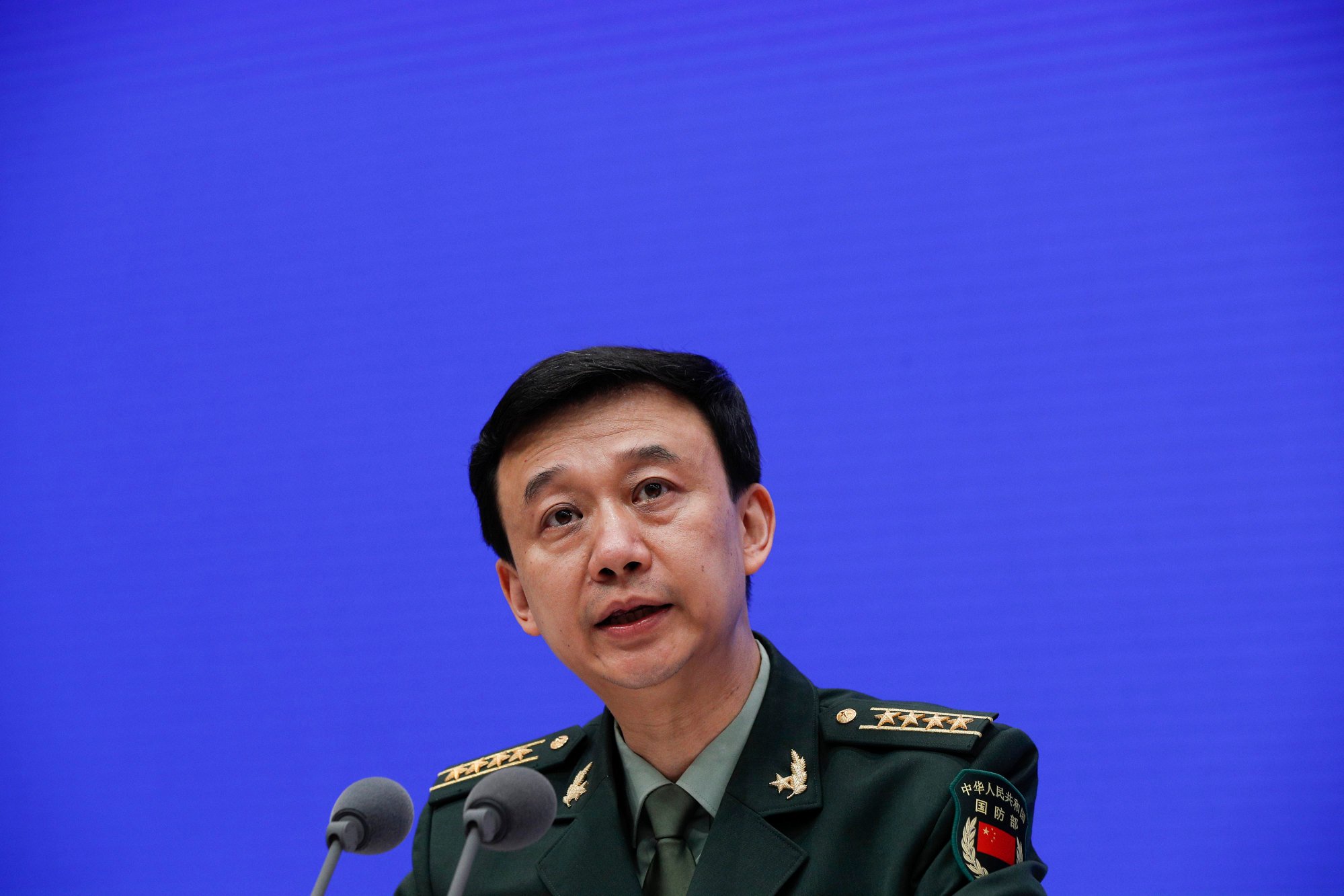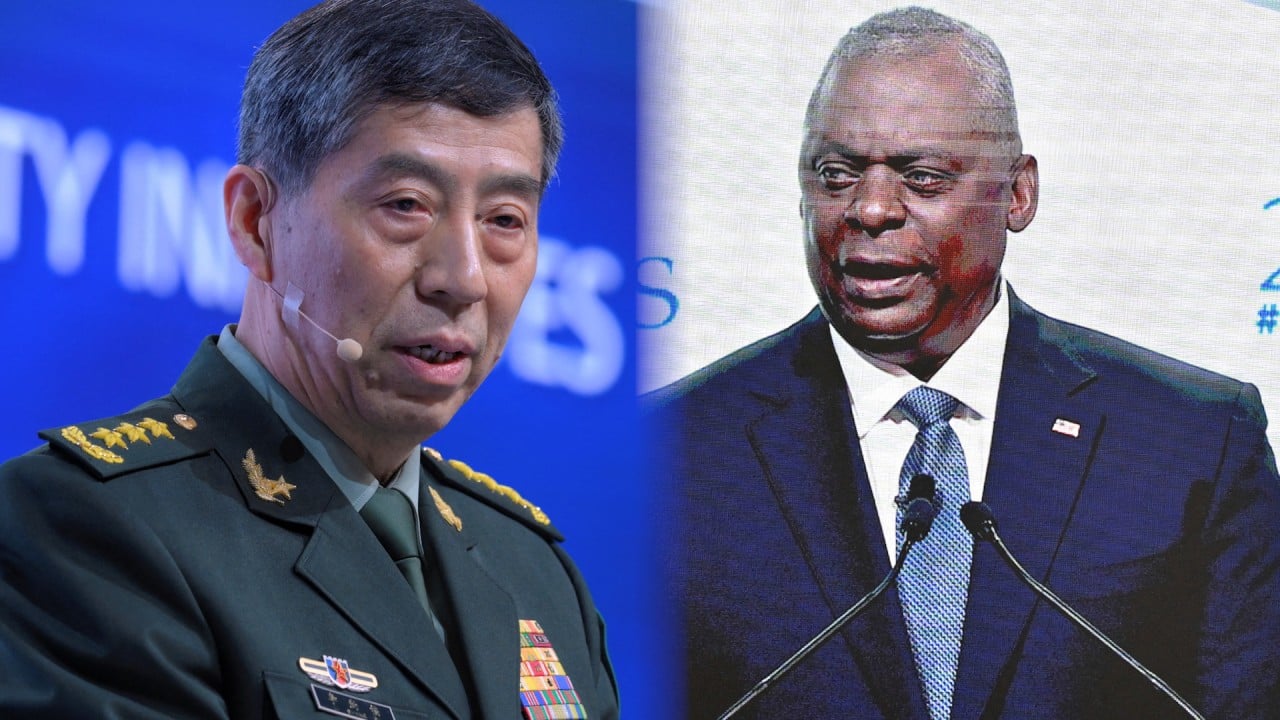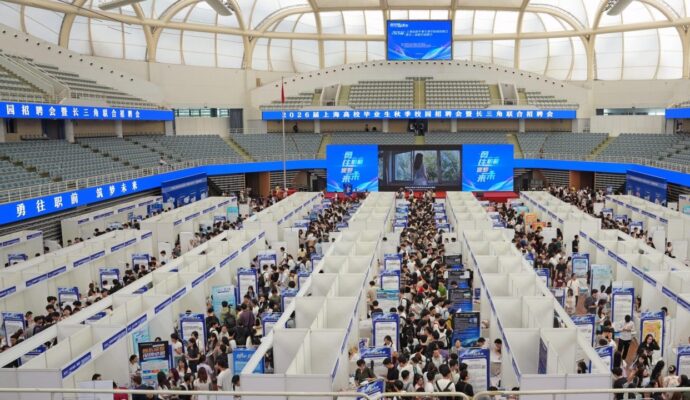The US “should mind its own business”, a defence ministry spokesman told a regular press briefing on Thursday, while clarifying that communication channels remained open.
“I want to clarify that military-to-military communication between China and the United States has not stopped,” ministry spokesman and senior colonel Wu Qian said.
Both sides had maintained “candid and effective communication” through military and diplomatic channels, he added.
Wu also confirmed reports that China had taken part in a US-hosted conference of defence chiefs in Fiji earlier this month.

The 25th annual Indo-Pacific Chiefs of Defence conference from August 14-16 was jointly hosted by Admiral John Aquilino, chief of the US Indo-Pacific Command, and his Fijian counterpart, Major General Jone Logavatu Kalouniwai, with 27 nations from the region taking part.
Advertisement
Xu met counterparts from the US, Singapore and other countries during the event, Wu said.
However, he also listed a string of “difficulties and obstacles” faced by the two militaries, including US President Joe Biden’s latest approval of direct military aid to Taiwan, US aircraft and warship missions in the Taiwan Strait and South China Sea, and continued sanctions against General Li.
“Hence, the Chinese side must of course take resolute countermeasures,” Wu said, referring to the suspension of high-level communications between the PLA and the Pentagon.
In a first, US okays Taiwan military aid under scheme reserved for nations
In a first, US okays Taiwan military aid under scheme reserved for nations
In June, China rejected US defence secretary Lloyd Austin’s request to meet Li on the sidelines of the Shangri-la Dialogue in Singapore. China’s defence ministry then blamed the US for “seriously undermining mutual trust” while its embassy in Washington said the US should lift its “illegal unilateral sanctions” to create favourable conditions for dialogue.
Advertisement
Following the snub, the Pentagon said it was committed to “responsibly managing the relationship” with China.
On the other hand, US Indo-Pacific Command officials have complained about Chinese commanders overseeing the East and South China seas declining to answer calls from their US counterparts, or failing to attend regular conferences. They have raised concerns about the risks of a military confrontation or conflict sparked by such lack of communication.
Wu blamed the tensions on the US military’s “provocative” frequent and large-scale close-in reconnaissance missions along the Chinese coast.
Advertisement
“[The US] should mind its own business if it wants to manage risks,” he said. “China urges the US to stop its military provocations to prevent any extreme events that the world doesn’t want to see happening.
“We can only have communication and dialogue that is in line with our principles and does not go against our bottom lines,” Wu said.
“The US side, which has engaged in actions undermining our national interests, should have no illusions that the Chinese military would carry on with communications as if nothing had happened.”
Advertisement



